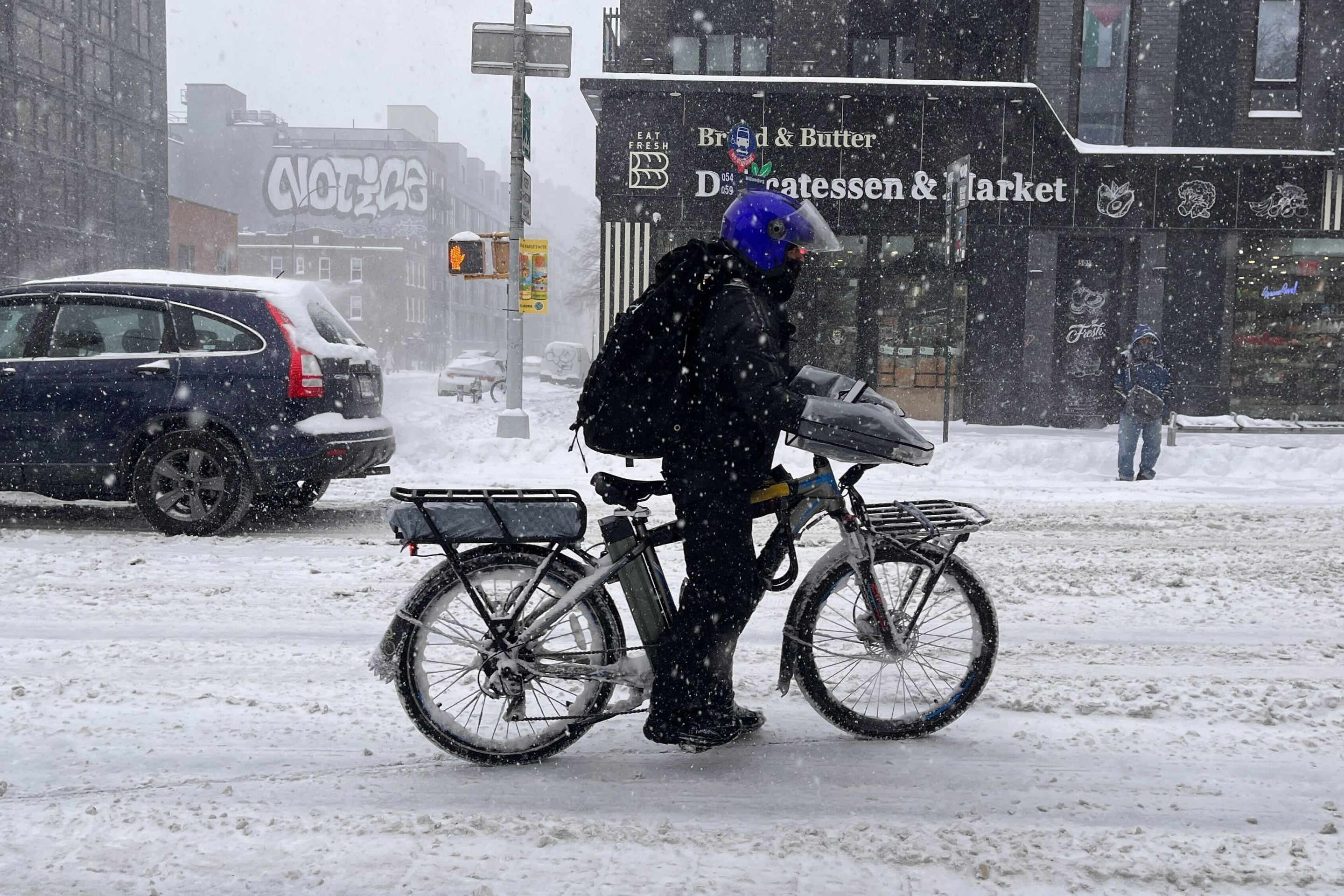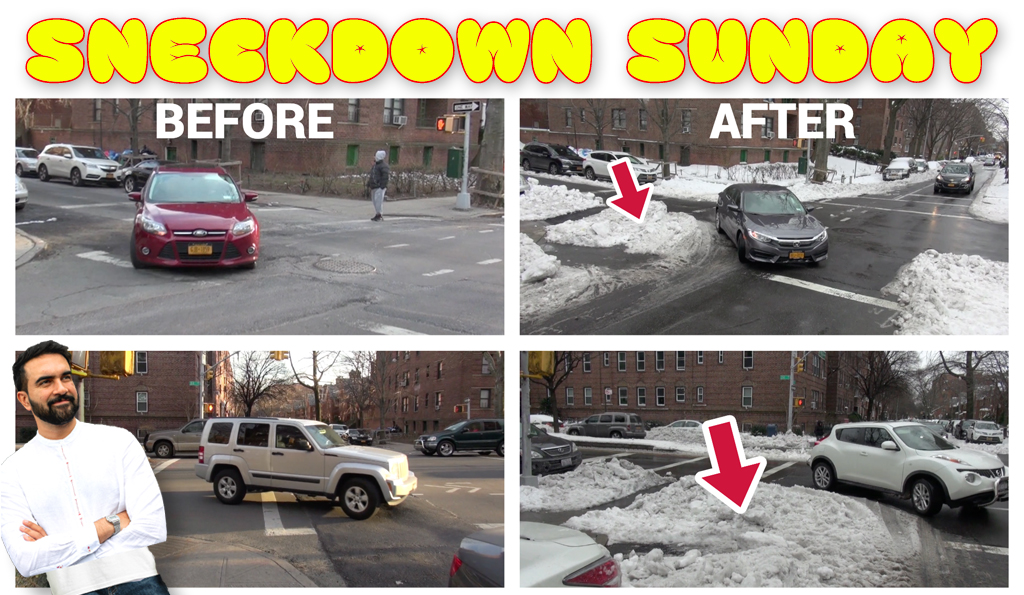President Obama today threw his weight behind significant new transportation spending as part of a broad jobs bill taking shape in Congress, with $50 billion slated for transit, roads, bridges, and ports and the administration endorsing "merit-based infrastructure investment that leverages federal dollars."
 President Obama gave a high-profile jobs speech today. (Photo: NYT)
President Obama gave a high-profile jobs speech today. (Photo: NYT)During his speech in Washington, Obama revisited his past acknowledgment of the trade-off between the goals of creating transportation jobs quickly and focusing on projects that substantially improve America's built environment.
"I recognize that by their nature these projects often take time, and
will therefore create jobs over time," Obama said. "But the need for jobs will also
last beyond next year, and the benefits of these investments will last
years beyond that."
Obama offered no details on the costs of his new economic recovery effort, which also includes rebates for energy-efficient home retrofits (the so-called "cash for caulkers" concept) and tax incentives for small businesses. But a senior administration official told reporters after the speech that the infrastructure portion of Obama's jobs proposal is expected to cost $50 billion.
The administration also suggested that it would seek to offset the new legislation with repaid financial bailout money, running counter to a report this morning that the White House would be limited in its ability to use funds from Wall Street's Troubled Assets Relief Program (TARP).
But as Congress sifts through lengthy -- and so far non-specific -- lists of "ready-to-go" projects from highway and transit planners, the day's biggest transportation reform news came buried in a White House release outlining details of its plan. Under the infrastructure section of the jobs bill, the White House stated:
Support for merit-based infrastructure investment that leveragesfederal dollars. The Administration supports financing infrastructureinvestments in new ways, allowing projects to be selected on merit andleveraging money with a combination of grants and loans as was donethrough the Recovery Act's TIGER program.
The $1.5 billion TIGER grant program, added to this year's first stimulus law as a means to promote competitive and accountable transportation decision-making, has attracted $57 billion in applications from the states. Many TIGER grant proposals feature transit, bike-sharing, freight rail, and other cleaner transport modes.
The administration's release offered no proposals for how merit-based project selection would play into the jobs bill, but several transportation industry players have proposed an expansion of the TIGER grants.
Two senior Democratic senators, Banking Committee Chairman Chris Dodd (CT) and transit panel chief Robert Menendez (NJ), said they would press to make sure transit played a substantial role in the jobs bill.
"Rail
modernization investments in a jobs bill will create jobs, and reliable transit
systems will help create economic growth and better public safety in the long
run," the duo said in a statement after today's House hearing on safety.
Republican reaction to the president's jobs speech was largely negative, with GOP leaders warning of the rising federal deficit and pointing to the already-approved stimulus money that remains unspent. Of the nearly $48 billion in transportation investment authorized by the first stimulus, the U.S. DOT has reported spending $6.5 billion.
The prospect of using TARP money for new economic legislation met with particular condemnation from the GOP. House Minority Leader John Boehner (R-OH) released a statement accused Obama of turning the bailout into a "slush fund" and called for repaid Wall Street aid to "be used for deficit reduction, not more of the same ‘stimulus’
spending."
Update: Laura Barrett, executive director of the Transportation Equity Network, said in a statement that the new jobs bill should ensure that minority workers get equal access to economic recovery contracts:
What was missing from thepresident’s proposal ... was a plan to lift up the hardest-hit workers andcontractors now that the stimulus has failed to do so.
Wehear it all around the country: too little stimulus has gone to people who mostneed stimulating. Minority-owned, women-owned, and other disadvantagedbusinesses are struggling to win stimulus contracts. State departments oftransportation have failed to track and publicize demographic data on winningcontractors and who is actually filling the jobs.





